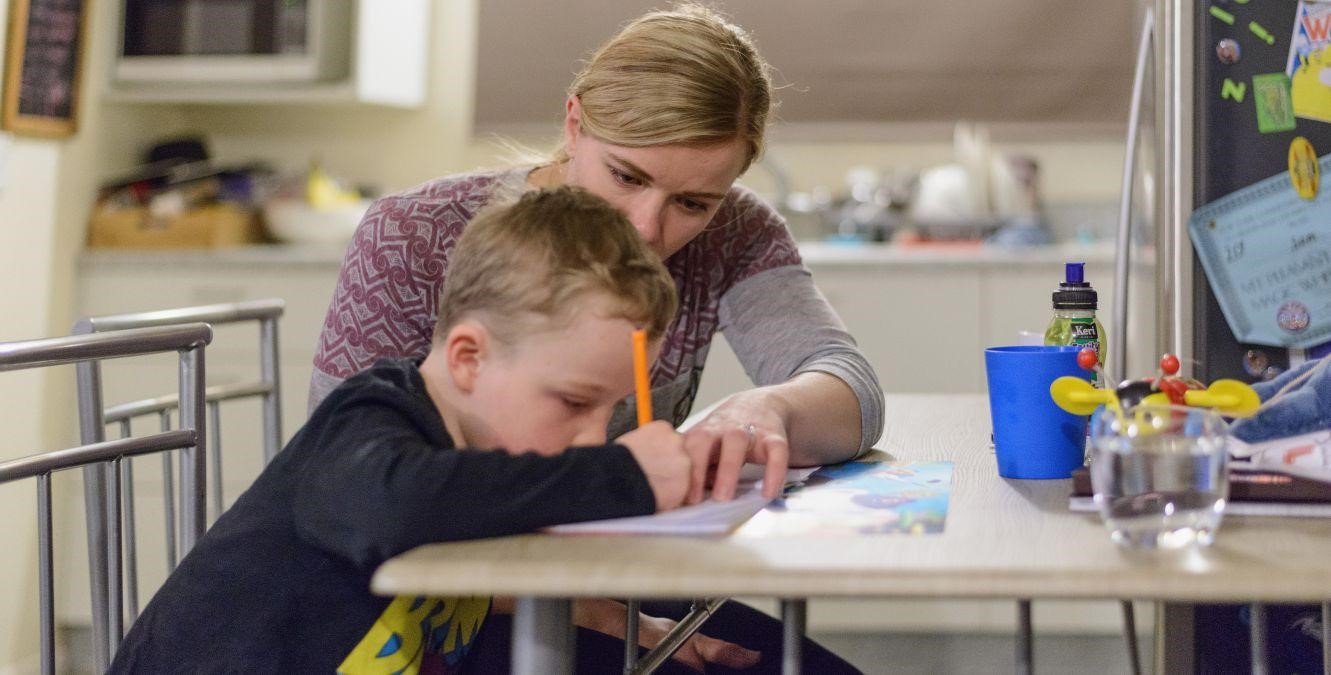The key to helping a child is support from parents to do well academically. Due to high pressure and high stakes, it is not easy to find out which parenting strategies are useful to promote learning. The successful experience is not only to get good report cards. There are many ways for parents to support their children learning at home and during school years.
Top 10 Ways to help your Child Succeed in Elementary School
In elementary school here are 10 ways parents can put their kids on track to be successful students.
1. Enquire how your child is doing
You should ask your child’s teacher how well they are doing compared to other students.
If your child is falling behind, particularly in reading and practicing writing, ask what you or the school can do to help. Before your child falls too far behind, it’s critical to take early action. Review your child’s report card each time when it comes out.
To improve the performance of your children at school encourage them to practice more writing at home. They will make common mistakes in spelling, grammar, and punctuation such as exclamations, brackets, missing commas, and confusing colons and semicolons. You need to develop punctuation skills for your child at home by using actions and sounds and writing a sentence without any punctuation marks.
Find out more about the use of commas, and semicolons used to connect sentences.
2. Attend Parent-Teacher Meetings
When parents are involved in the academic activities of their children. The kids perform better. The best way to keep informed is by attending parent-teacher meetings or conferences. Usually, these meetings are organized once or twice a year. Arranging a meeting is a chance to get to know your child’s progress from the teacher’s perspective.
It will help to discuss strategies or ways to help your child to do best in a class. It will be helpful with what’s going on in the school by meeting with a teacher and sharing it at home. However, parents can call or request for meeting with teachers, principals, school counselors, or other staff members.

3. Visit the School
It is good to know the school’s physical location; knowing the school building and grounds help you connect with your child. Knowing the location of the main office, cafeteria, athletic fields, playgrounds, auditorium, school nurse, and special classes is helpful. More information is available on websites such as the school calendar, staff contact information, test dates, and upcoming trip events.
Many teachers keep web pages that include homework requirements, test dates, and activities and outings for the class. There are frequently additional unique resources for parents and kids on school or teacher websites.

4. Make sure that Homework is Done
In elementary school, homework helps students develop their study skills and reinforces what they have learned in class. Doing homework regularly will help your child learn writing skills effectively. Homework should be done each day as it will benefit them beyond the classroom because it is a way to make a child responsible and work ethic. To ensure that homework is a top priority for your child, you need to create a place to study. It must have the necessary material and a quiet environment.
You are ensuring that work is finished, keeping an eye on it, and rewarding your child for their efforts. Be ready to help your child with their homework by interpreting the directions, responding to inquiries, and reviewing the completed work. You cannot miss the opportunity that your child learns from mistakes because this is an essential part of the process.

5. Teach Organizational Skills
Organizational skills need to be learned and practiced; no one is born with them. For elementary school kids, to keep track of projects and assignments for school, it is necessary to have an assignment book and homework folder (many schools provide these). You need to check the assignment book and homework folder every night. It will help you to get familiar with your child’s assignments.
Have a separate home bin for papers that parents must examine or approve. Other organizing tips for elementary school students include developing a detailed to-do list, utilizing a daily checklist, calendar, or personal planner, and talking to your child about being organized.
Families can praise their children for completing arranging duties and making organizing enjoyable. Instead of wasting time looking for being distracted, staying organized helps kids stay calm and focused.

6. Develop Study Skills
Many educators expect parents to help their children in their studies during the grade-school years. However, in elementary school teaching, your child’s study skills will make your child ready for the upcoming years.
In elementary school, kids take tests at the end of the semester/units in math, spelling, science, and social studies. It will be helpful for your child to make the bigger study task into smaller ones so that they will easily manage.
Kids need to take a break after every 45 minutes. It will help what they just learned and recharge. When a test is coming up parents help their child study.

7. Take Attendance seriously
Elementary school children should attend school every day on time. However, sometimes skipping to attend school will be difficult for the child to learn and keep up in class. If kids have a fever, nausea, vomiting, or other health issues they should stay at home.
Sometimes, your child has problems with classmates, assignments, grades, or even teachers. So, they find excuses to stay at home. You need to talk to the school counselor if you suspect it, is a fake illness.

8. Understand the School’s discipline Policy
The parents need to know the school discipline policy. The policy about disciplines is mentioned in the student handbook. Specific policies about bullying, cheating, weapons, fighting, dress code, and bringing electronic devices in many schools. Parents and kids both should know what the consequences will be if these expectations are not met.
9. Parents should get involved
Get involved with your kid as a volunteer to show that parents are interested in their child’s activities. Parents can get involved by
- Being a helper in the classroom
- Take part in fundraising activities
- Class party planning
- Conducting field trips
- Join as a library assistant
- Reading a story to the class
You can check the school website about the volunteer activities that fit your schedule. You can make a strong impression on your child by giving a few hours during the school year.

10. Talk to your child about school
It is easy to talk with your child about what’s going on in school or how was your day. Sometimes parents get busy and forget to ask about their child’s day at school. Spend time talking to your child daily to help them understand how important education is. Listen intently, maintain eye contact, and refrain from multitasking or quickly checking your smartphone when speaking with your child. Ask questions that require more information than a simple “yes” or “no.”
Final Thoughts
During the early years of schooling, parents must be informed and supportive of their child’s education. Hopefully, the ways mentioned above will help your child in elementary school to perform well.












































Your article helped me a lot, is there any more related content? Thanks!